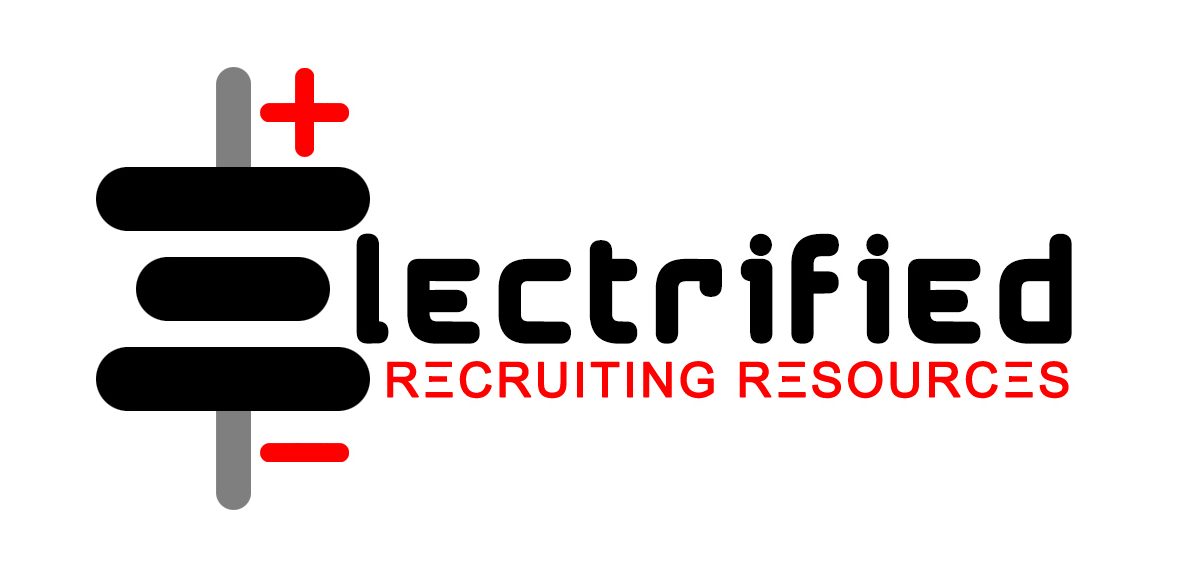By rehearsing interview questions, you’ll become more familiar with your own
qualifications and more prepared to demonstrate how you can benefit an employer.
Some examples of questions you should be prepared to answer:
“Tell me about yourself.”
Make a short, organized statement of your education and professional achievements and professional goals. Then, briefly describe your qualifications for the job and the contributions you could make to the organization.
“Why did you leave your last job?”
The interviewer may want to know if you had any problems on your last job. If you did not have any problems, simply give a reason, such as: relocated away from job; company went out of business; laid off; temporary job; no possibility of advancement; wanted a job better suited to your skills.
If you did have problems, be honest. Show that you can accept responsibility and learn from your mistakes. You should explain any problems you had (or still have) with an employer, but don’t describe that employer in negative terms. Demonstrate that it was a learning experience that will not affect your future work.
“Why do you want to work here?” or
“What about our company interests you?”
Few questions are more important than these, so it is important to answer them clearly and with enthusiasm. Show the interviewer your interest in the company. Share what you learned about the job, the company and the industry through your own research. Talk about how your professional skills will benefit the company. Unless you work in sales, your answer should never be simply: “money.” The interviewer will wonder if you really care about the job.
“What are your best skills?”
If you have sufficiently researched the organization, you should be able to imagine what skills the company values. List them, then give examples where you have demonstrated these skills.
“What is your major weakness?”
Be positive; turn a weakness into a strength. For example, you might say: “I often worry too much over my work. Sometimes I work late to make sure the job is done well.”
“Do you prefer to work by yourself or with others?”
The ideal answer is one of flexibility. However, be honest. Give examples describing how you have worked in both situations.
“What are your career goals?” or
“What are your future plans?”
The interviewer wants to know if your plans and the company’s goals are compatible. Let him know that you are ambitious enough to plan ahead. Talk about your desire to learn more and improve your performance, and be specific as possible about how you will meet the goals you have set for yourself.
“What are your hobbies?” or
“Do you play any sports?”
The interviewer may be looking for evidence of your job skills outside of your professional experience. For example, hobbies such as chess or bridge demonstrate analytical skills. Reading, music, and painting are creative hobbies. Individual sports show determination and stamina, while group sport activities may indicate you are comfortable working as part of a team.
Also, the interviewer might simply be curious as to whether you have a life outside of work. Employees who have creative or athletic outlets for their stress are often healthier, happier and more productive.
“What salary are you expecting?”
You probably don’t want to answer this one directly. Instead, deflect the question back to the interviewer by saying something like: “I don’t know. What are you planning on paying the best candidate?” or “I’m sure that the skills I offer the company will be highly beneficial, and I hope to receive a competitive offer that will promote a long-term employment relationship.” Let the employer make the first offer.
However, it is still important to know what the current salary range is for the profession. Check salary surveys at the library or on the Internet, and check the classifieds to see what comparable jobs in your area are paying. This information can help you negotiate compensation once the employer makes an offer.
“What have I forgotten to ask?”
Use this as a chance to summarize your good characteristics and attributes and how they may be used to benefit the organization. Convince the interviewer that you understand the job requirements and that you can succeed.
Here are some other job interview questions you might want to rehearse.
Your Qualifications
- What can you do for us that someone else can’t do?
- What qualifications do you have that relate to the position?
- What new skills or capabilities have you developed recently?
- Give me an example from a previous job where you’ve shown initiative.
- What have been your greatest accomplishments recently?
- What is important to you in a job?
- What motivates you in your work?
- What have you been doing since your last job?
- What qualities do you find important in a coworker?
Your Career Goals
- What would you like to being doing five years from now?
- How will you judge yourself successful? How will you achieve success?
- What type of position are you interested in?
- How will this job fit in your career plans?
- What do you expect from this job?
- Do you have a location preference?
- Can you travel?
- What hours can you work?
- When could you start?
Your Work Experience
- What have you learned from your past jobs?
- What were your biggest responsibilities?
- What specific skills acquired or used in previous jobs relate to this position?
- How does your previous experience relate to this position?
- What did you like most/least about your last job?
- Whom may we contact for references?
Your Education
- How do you think your education has prepared you for this position?
- What were your favorite classes/activities at school?
- Why did you choose your major?
- Do you plan to continue your education?
| Interview Tips
Quick Links |
